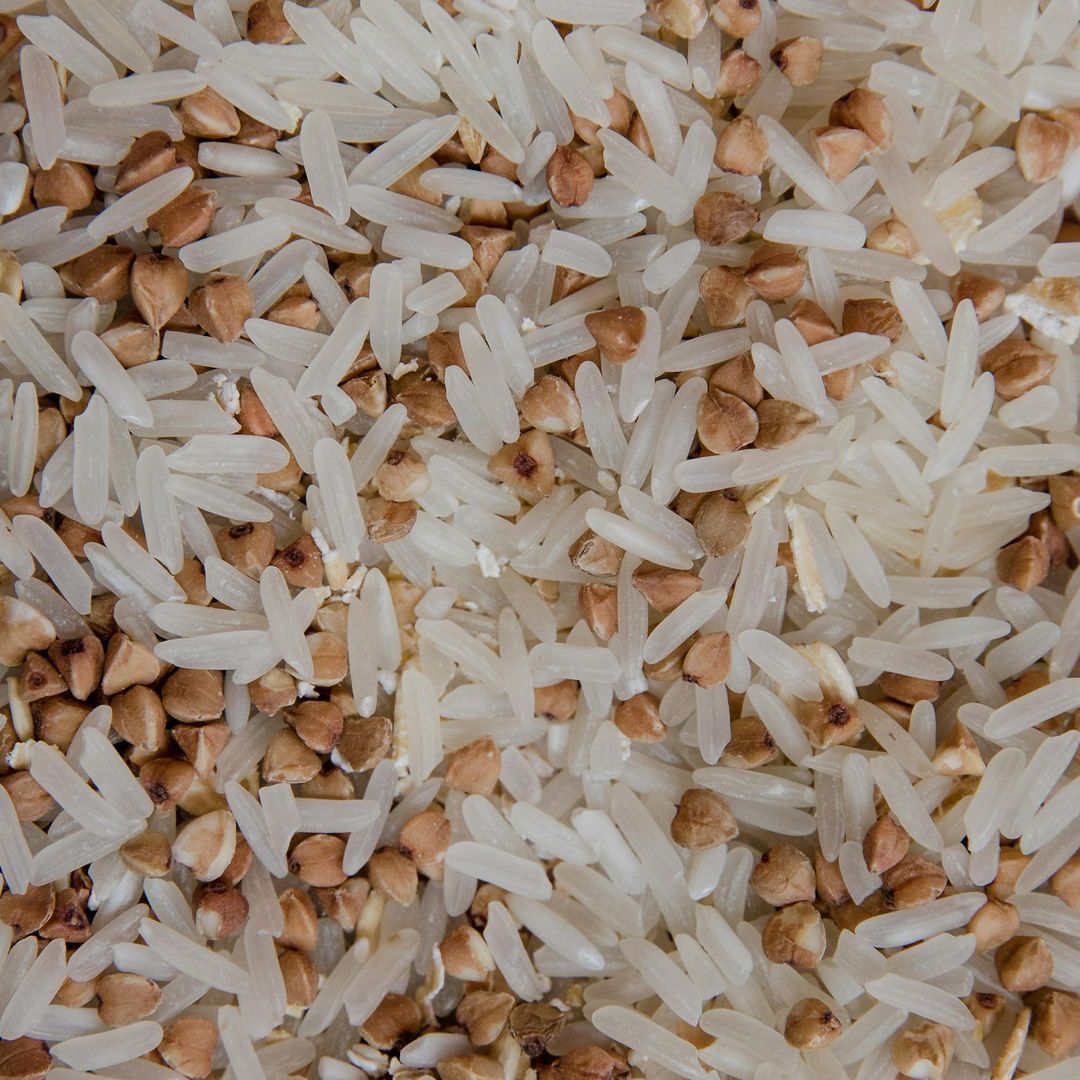Carbohydrates and physical performance: myth or reality?

Carbohydrates are often considered the primary fuel for the human body during physical activity. However, with the spread of low-carb diets and alternative approaches, many question whether their role is irreplaceable. This article analytically and quantitatively explores the role of carbohydrates in sports, with direct references to scientific studies.
The biological role of carbohydrates
Carbohydrates are metabolized into glucose, the bodys primary energy source. Excess glucose is stored as glycogen in the muscles and liver. Energy availability: 1 gram of carbohydrate provides approximately 4 kcal. Total reserves: Approximately 500 g of glycogen (400 g in muscles and 100 g in the liver), equivalent to approximately 2000 kcal, can be stored. Research shows that the depletion of glycogen stores is a limiting factor in long-duration physical performance. A study by Burke et al. (2011) highlights how a high-carbohydrate diet before and during exercise significantly improves the ability to sustain high-intensity activity.
Carbohydrates and physical activity intensity

Carbohydrate and fat metabolism varies with exercise intensity: 1. Low intensity (65% VO2 max): Fat is the primary energy source. 2. High intensity (65% VO2 max): Carbohydrates become predominant, as fat metabolism is too slow to meet energy demands. A study in the Journal of Sports Sciences (Burke et al., 2011) found that during a 90-minute run at 75% of VO2 max, athletes on a high-carbohydrate diet had 20% more muscle glycogen than those on a low-carbohydrate diet, improving performance by 12%.
Before exercise
According to Burke et al. (2011), consuming 1–4 g of carbohydrates per kg of body weight 3–4 hours before exercise increases glycogen stores. An immediate intake of 1–2 g/kg of simple carbohydrates before exercise provides energy without causing gastrointestinal discomfort.
During exercise

During long-duration activities (60 minutes), carbohydrate intake (30–60 g/hour) prevents hypoglycemia and delays fatigue. Endurance athletes can increase up to 90 g/hour by combining different sources (e.g., glucose and fructose) to improve absorption (Burke et al., 2011).
After exercise
Consuming carbohydrates within two hours of exercise accelerates muscle glycogen resynthesis. The optimal dose is 1-1.2 g/kg/hour to promote recovery (Haff Triplett, 2015).
Low-carb diets: a valid alternative?
Low-carb diets, such as the ketogenic diet, limit carbohydrate intake to less than 50 grams per day, encouraging the body to use fat as its primary energy source. However, the results are controversial.
Endurance performance
A study by Burke et al. (2017) showed that the ketogenic diet impairs performance in high-intensity activities, as it reduces glycogen availability.
Metabolic adaptation
Despite adaptation to ketosis, which takes 3–4 weeks, the ability to sustain intense efforts remains lower than with a balanced diet. Burke et al. (2017) compared athletes on a ketogenic diet with athletes on a high-carbohydrate diet. The former showed a 10–15% reduction in performance during high-intensity activities.
Carbohydrates and strength sports
In weightlifting or anaerobic sports, carbohydrates are less crucial than in endurance sports. However, energy derived from glycogen is essential for repeated explosive efforts. Haff and Triplett (2015) highlight that 3–5 g/kg of carbohydrates per day improves recovery and the ability to train at high intensity.
Individual considerations
There is no one-size-fits-all approach to carbohydrate consumption. The International Society of Sports Nutrition (2011) suggests flexible guidelines: Endurance sports: 5-10 g/kg per day. Strength sports: 3-5 g/kg per day. Moderate activity (non-competitive): 3-6 g/kg per day.
Conclusions
Carbohydrates are an essential component for optimizing physical performance, especially in endurance sports. While low-carb diets may play a role in specific contexts, scientific evidence shows that strategic carbohydrate consumption improves performance and recovery. The best approach is personalized, based on individual goals and the type of physical activity. Research continues to support the importance of carbohydrates as the primary fuel for the human body.
References
Burke, L. M., Hawley, J. A., Wong, S. H. S., & Jeukendrup, A. E. (2011). Carbohydrates for training and competition. Journal of Sports Sciences, 29(S1), S17–S27. DOI:
doi.orgReference
Burke, L. M., Ross, M. L., Garvican-Lewis, L. A., Welvaert, M., Heikura, I. A., Forbes, S. G., ... & Hawley, J. A. (2017). Low-carbohydrate, high-fat diet impairs exercise economy and negates the performance benefit from intensified training in elite race walkers. Journal of Physiology, 595(9), 2785–2807. DOI:
doi.orgReferences
Haff, G. G., & Triplett, N. T. (2015). Essentials of Strength Training and Conditioning (4th ed.). Human Kinetics.

lillo95
Data di inserimento 28 nov 2024
Report article


Comments
There are no comments yet.